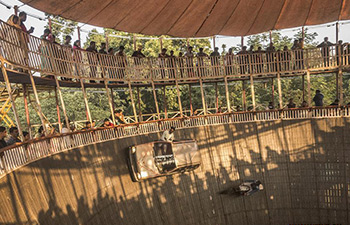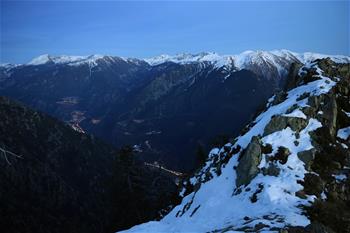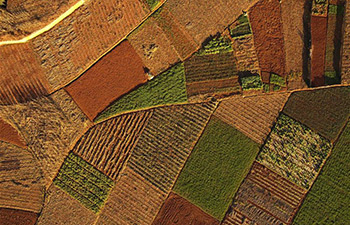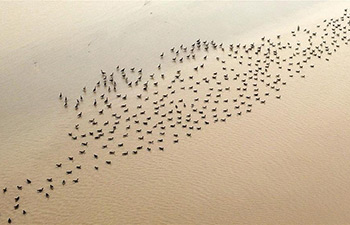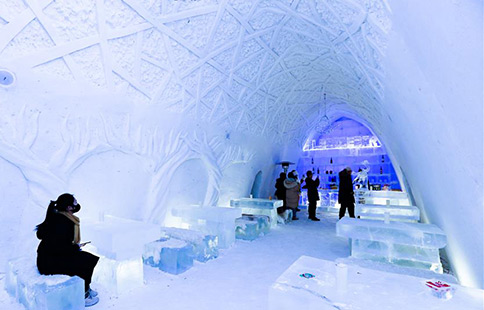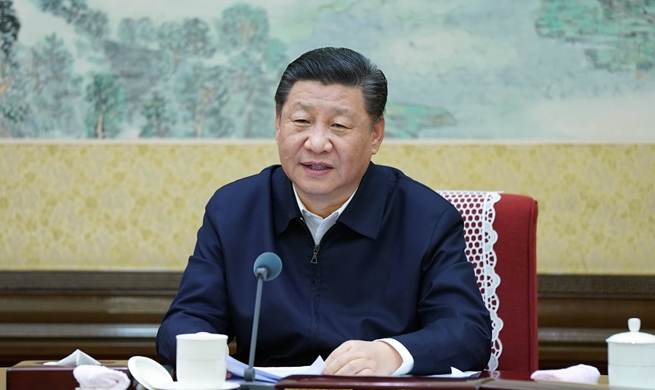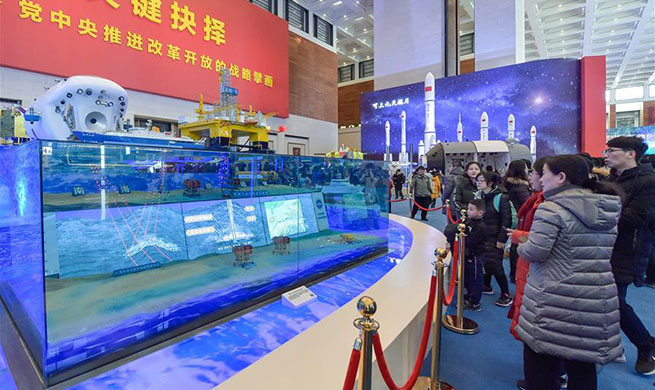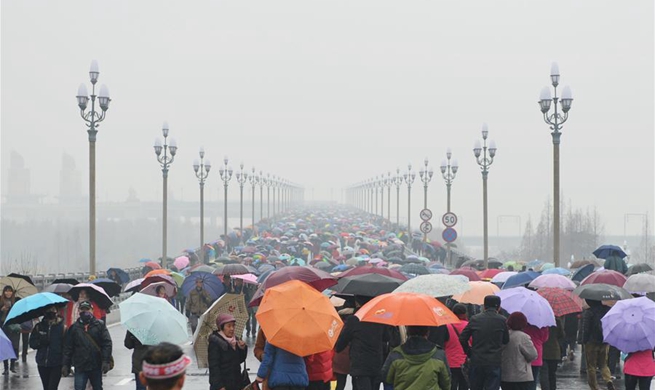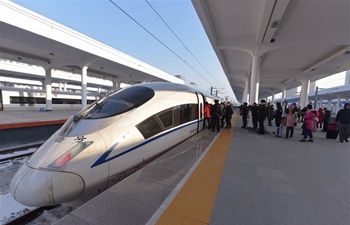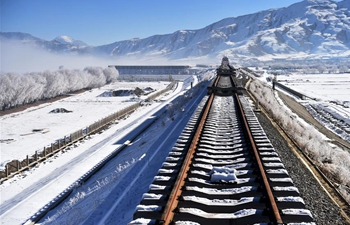by Dana Halawi
BEIRUT, Dec. 26 (Xinhua) -- The retailing performance in Lebanon has dropped by 40 percent during this Christmas and New Year season compared with last year, trade experts told Xinhua.
"Merchants are suffering from declining businesses. Many of them cut their prices to promote sales to cover their expenses," said Adnan Rammal, representative of the trade sector in the Economic and Social Council.
Rammal said that the business activities in retailing has dropped by 40 percent year on year in December, and it has fallen by an overall 20 percent during 2018 compared with 2017, despite the price cut of goods.
"People do not have a good purchasing power and this is obvious because they have been buying less than before," he said.
Likewise, Nassib Gemayel, president of the Mount Lebanon Trade Association, said that retailing activities in Mount Lebanon has also been very slow this year compared with last year.
"People are only buying the necessary items. They even stop buying all food items. They try to save by buying the cheapest products from the supermarkets," he said.
Meanwhile, Roger Keyrouz, head of Jounieh and Keserwan Trade Association, reiterated Rammal's comments by saying that people have minimized their purchases and chosen cheaper products.
The experts attributed the decline in businesses to the absence of a government, which reduces people's confidence in the future of the country's economy and keeps them from spending.
"When there is no government, people prefer to save their money for the future because they do not know what will happen in the country," said Rammal.
He added that last week, the market witnessed a slightly improved performance after Lebanese Prime Minister designate Saad Hariri announced Friday that the government would be formed over the weekend.
Hariri has been facing various hurdles to form a 30-member national unity government due to differences among the political parties over their representation in the cabinet.
Local economists warned on several occasions of the negative repercussions of any delay in cabinet formation.
Keyrouz said that the government formation will enable Lebanon to start with necessary reforms to have access to the 11 billion U.S. dollars of CEDRE pledges.
CEDRE is an international conference in support of Lebanon's development and reforms.
Lebanon secured over 11 billion dollars in soft loans and grants from international donors at CEDRE to revamp its ailing infrastructure and bolster its economy.
However, authorities must speed up the formation of the new government to start necessary reforms to obtain the help.
"Also, the market stability will encourage the Central Bank to give subsidized loans which would activate various sectors of the economy," he added.




